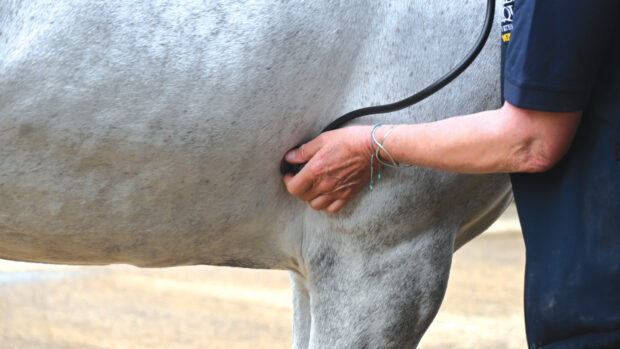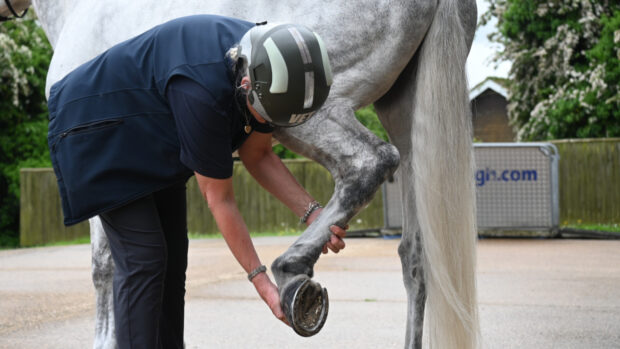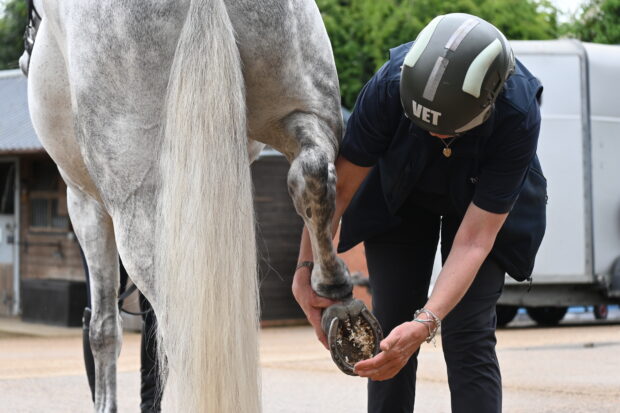Using leftover or old antibiotics is “irresponsible and potentially dangerous” – for your own horse as well as many others, vets have warned.
The British Equine Veterinary Association (BEVA) is urging owners not to hoard previously prescribed antibiotics for future use ahead of the worldwide 2023 antimicrobial awareness week (18-24 November).
H&H has reported on the need to use antibiotics responsibly to help minimise resistance to the drugs and keep them available and effective for animals and people.
“Giving random, leftover or old antibiotics to your horse for a suspected infection is irresponsible and potentially dangerous,” said immediate past BEVA president David Rendle, a European specialist in equine internal medicine. “It could make things worse, as they might not be the right type of antibiotic for that specific infection and could easily contribute to the problem of resistance. People also forget that antibiotics are not without risk and their use can trigger serious – even fatal – intestinal disease.”
BEVA said bacteria that are resistant to multiple drugs are an increasing problem in equine veterinary practice. Horses who are affected take longer to recover, and their vets’ bills will be higher.
Mr Rendle has previously told H&H that for decades, there has been a tendency to use antibiotics “just in case”, but that not every infection needs them.
H&H has also reported on the stark consequences of increasing resistance; it would mean that routine procedures such as colic surgery are untenable, without effective infection control.
“If you give too little of an antibiotic because you aren’t sure what to give or don’t have enough for the course that is required, the infection is unlikely to be sufficiently treated and you will increase the risk of resistant bacteria,” said BEVA president Roger Smith.
BEVA is asking horse owners to give any leftover antibiotics back to the vet.
“It is crucial not to throw old medicines away in the rubbish or flush them down the loo, as they can eventually return to the environment, contaminating soil and watercourses and cause damage to wildlife,” said Mr Smith.
“The problems we are seeing with antimicrobial resistance are relevant to all vets and all horse owners, and we must all act to reduce the development of resistance.”
You might also be interested in:

Collaboration key in fighting deadly drug resistance

If in doubt, don’t! The dangers around antibiotic resistance in horses *H&H Plus*

Subscribe to Horse & Hound magazine today – and enjoy unlimited website access all year round
Horse & Hound magazine, out every Thursday, is packed with all the latest news and reports, as well as interviews, specials, nostalgia, vet and training advice. Find how you can enjoy the magazine delivered to your door every week, plus options to upgrade your subscription to access our online service that brings you breaking news and reports as well as other benefits.



